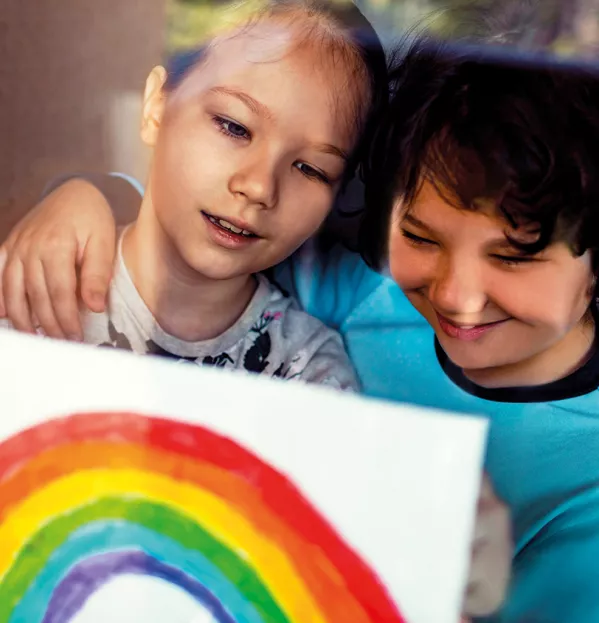Recovery planning should be long term and holistic. In the rush back to the classroom, we cannot make the mistake of planning interventions to manage the anxiety, trauma and uncertainty that pupils have experienced with a “quick fix” mindset - one designed to get us “back to the learning” as soon as possible.
We need to be specific in our ambition to help pupils to feel safe and to accelerate in their learning - not trade one for the other.
The research that has emerged in the past few months has not always been helpful to us in achieving this. For example, a Unesco report on approaches to educational planning in response to Covid-19, published in March, rather bluntly proposes “Maslow before Bloom”. It describes the necessity for a short-term approach that puts Maslow’s theory of social and emotional need firmly before Bloom’s taxonomy. In reality, we need to be far more nuanced.
While a focus on survival before education is understandable, the risk is actually the other way around: the “Maslow before Bloom” mantra encourages teachers to think that the relationship between wellbeing and learning is sequential. Emotion, then cognition.
What this means in practice is we risk forgetting about sustaining emotional support when the focus moves on to attainment.
A more evidence-informed response comes from Linda Darling-Hammond and her team at Stanford University. They have explored the implications for school and classroom practices from the hinterland of cognitive psychology, biological sciences and neuroscience, together with developmental and learning sciences (Cantor and Rose et al, 2018). What they have found is that young people and school improvement are best served when teaching addresses the needs of the whole child, understanding emotional need together with the academic need.
The Stanford team proposes a set of practices attuned to students’ learning and developmental needs that could help us to plan a sustained response to this pandemic. They include four main drivers:
- Supportive environmental conditions to foster a strong community. These include positive sustained relationships for attachment and emotional connections and a sense of belonging and purpose.
- Productive instructional strategies to support motivation, competence and self-directed learning. These curriculum, teaching and assessment strategies feature well-scaffolded instruction and ongoing formative assessment that support conceptual understanding.
- Social and emotional learning to foster skills, habits and mindsets that enable academic progress, efficacy and productive behaviour. These include self-regulation, executive function and intra- and interpersonal awareness.
- System of supports to enable healthy development, respond to student needs and address learning barriers. These include a system of academic, health and social supports that provide resources within and beyond the classroom to address and prevent developmental detours, including conditions of trauma and adversity.
Experienced teachers recognise that emotion is not independent from learning - simply something that we could do with “fixing” before good learning can happen. Emotions and feelings affect student performance and learning, as does diet, sleep and exercise. They are finely interwoven.
As Damasio put it (way back in 1994), emotions are not just “messy toddlers in a china shop, running around breaking and obscuring delicate cognitive glassware. Instead, they are more like the shelves holding the glassware.” Without them, cognition won’t stand up for long.
Margaret Mulholland is the special educational needs and inclusion specialist at the Association of School and College Leaders
This article originally appeared in the 3 July 2020 issue under the headline “You can’t take the emotion out of learning”
